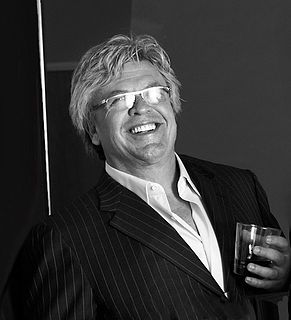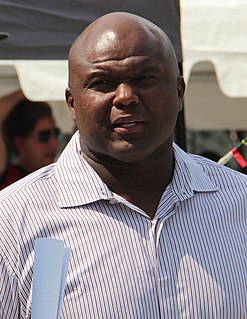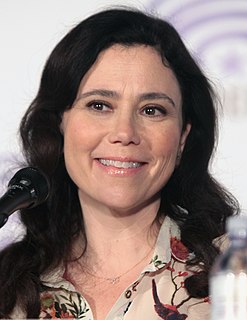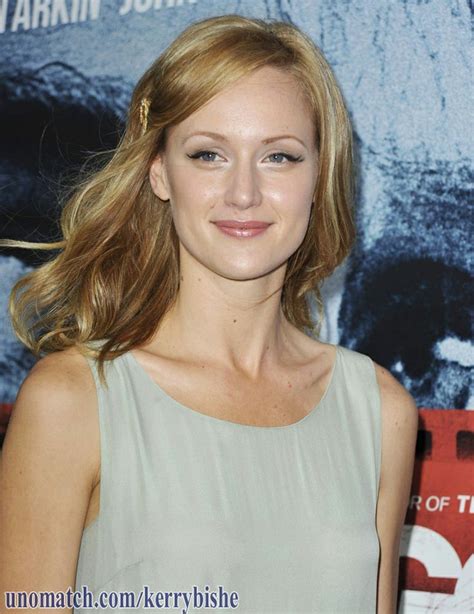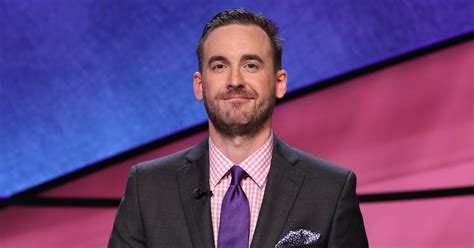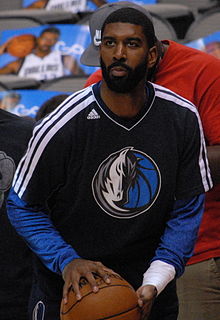A Quote by Ron White
Pace, rhythm and timing. Pace, rhythm and timing is what it's about. The content's got to be great, but then it's got to be delivered. It's a tricky thing to do, and it takes a lot of work.
Related Quotes
People tell me I'm a comedian, but I don't approach acting from that perspective. I do know that everything in life has to do with your timing and perception. You have to be comfortable with the rhythm that you're in. You can't just jump into a fast rhythm if yours is slow. You might have to pick up the pace but in your own particular way. It has to do with personality, too.
Timing is so important! If you are going to be successful in dance, you must be able to respond to rhythm and timing. It's the same in the Spirit. People who don't understand God's timing can become spiritually spastic, trying to make the right things happen at the wrong time. They don't get His rhythm - and everyone can tell they are out of step. They birth things prematurely, threatening the very lives of their God-given dreams.
